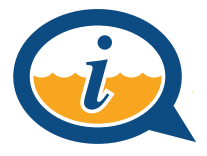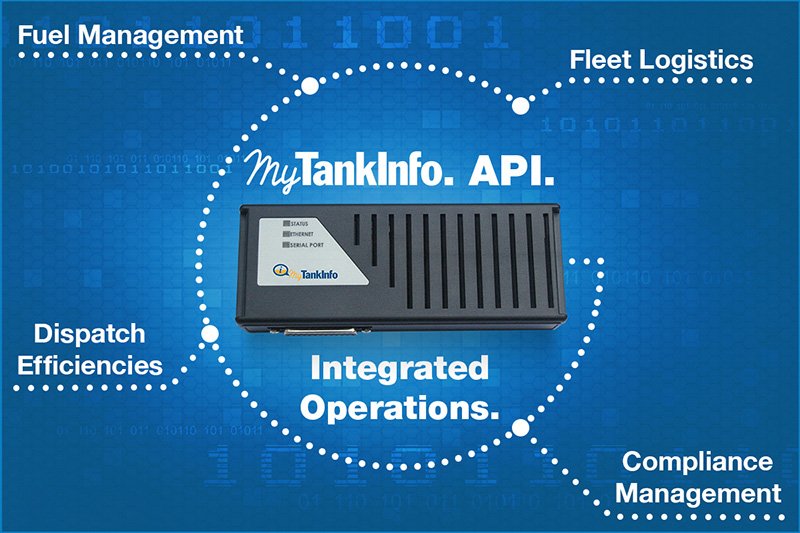MyTankInfo Goes Above And Beyond Fuel Inventory Management
While most of the discussion about data’s role in commerce today centers around keeping data private, one facet of data management is optimizing operations by sharing data, and it is impacting almost every industry, including the fuel industry.
Application Program Interfaces (APIs) have been around for decades, but businesses are just recently beginning to maximize their potential. An API enables two applications to talk to one another and share data. Because this sharing of data promotes integration, APIs help companies layer synergistic products and services that exist in the digital realm into one streamlined user experience. For example, MyTankInfo provides an API to communicate with third-party transportation management and dispatch software, as well as third-party compliance management programs.
By eliminating manual data integrations to third-party software programs, MyTankInfo’s API saves fuel operators time and minimizes errors. Data errors resulting from manual integrations are not only difficult to diagnose (which make them even more time-consuming), they are costly to mitigate.
MyTankInfo’s API provides users the following benefits:
Increases Efficiencies — By integrating with third-party software programs, MyTankInfo creates operational efficiencies that extend to areas beyond on-site fuel management
Costs Savings — Automated data transfers eliminate manual processes, while actionable data helps to promote logistics agility
Value — By collaborating with industry partners to extend the reach of fuel inventory data, MyTankInfo’s API enables users to leverage their equipment investment to the fullest extent
Error Reduction — By automating data management processes that would otherwise be administered manually, the opportunity for errors is greatly reduced
Fuel distributors are taking advantage of MyTankInfo’s API to speed the supply of fuel. By pushing fuel level data to compatible dispatching software, MyTankInfo optimizes deliveries. When MyTankInfo receives the signal that the tank is low on fuel, MyTankInfo automatically pushes that information to the dispatching software. As a result, dispatch staff no longer needs to rely on a phone call from the fuel site requesting a re-supply to signal the start of the delivery process. This enables fuel distributors to create routing and scheduling efficiencies.
The MyTankInfo API also streamlines communications with a selection of other valuable fueling tools. For instance, MyTankInfo also integrates with PASS Testing’s cloud-based inspection and compliance software. PASS Testing, which performs onsite inspections to validate compliance, uses the compliance data collected by MyTankInfo to quickly and efficiently document compliance for fuel sites.
As the Internet of Things continues to transform business, APIs are likely to continue to play a bigger and bigger role in the fuel industry. To learn how MyTankInfo’s API can improve operations at your fuel site, please contact MyTankInfo today.


